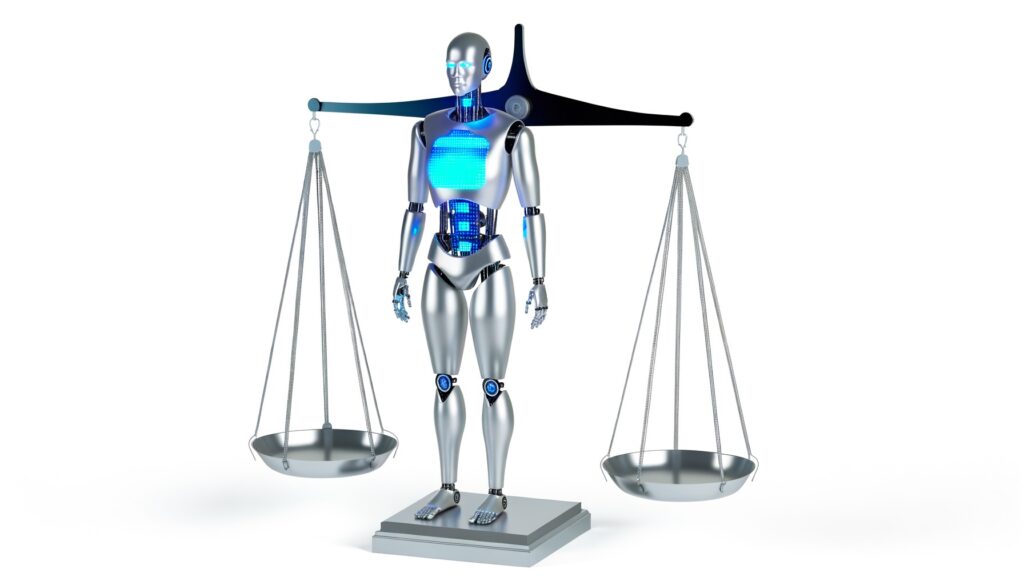1. CHINA
China maintains its position as a frontrunner in artificial intelligence (AI), propelled by substantial governmental investment, a robust tech ecosystem, and extensive data resources. The nation lacks a singular comprehensive AI law like the EU AI Act; however, it has established a multifaceted regulatory framework that integrates data protection, copyright regulations, and ethical guidelines, aiming to harmonize technological advancement with national security, content regulation, and social welfare.
The New Generation AI Development Plan initiated in 2017 outlines China’s ambition to be a global AI leader by 2030, with significant targets set for 2020 and 2025. In 2023, President Xi Jinping introduced the Global AI Governance Initiative to foster international cooperation and encourage participation from developing nations in shaping AI governance.
The Cyberspace Administration of China (CAC) oversees AI regulations, supported by various ministries that maintain sector-specific responsibilities while collaboratively crafting and enforcing AI policies. Notably, major Chinese corporations utilize models like Meta’s Llama 2 and Llama 3, with Baidu’s Ernie Bot and Alibaba’s Tongyi Qianwen leading the way. Despite the ban on models like OpenAI’s ChatGPT, the restrictions do not cover open-source models unless they provide generative AI services directly to the public.
Key legal frameworks, including the Personal Information Protection Law (PIPL), enacted in 2021, personify China’s commitment to data privacy by mandating strict regulations over personal data’s collection and processing. The PIPL, unlike the GDPR, permits processing public personal information without explicit consent, provided it does not harm individual rights. Furthermore, regulations now exist to address the AI outputs and copyrights, clarifying intellectual property rights for human-influenced AI outputs.
The ongoing adjustments to AI regulation in China include provisions governing algorithmic and generative AI systems. Newly issued rules necessitate transparency in recommendation algorithms and the disclosure of technical details by providers who could influence public opinion. Guidelines introduced in 2022 and interim measures in 2023 regulate deep-synthesis services and generative AI systems, respectively, enforcing strict data handling and consent protocols.
Though China had previously signaled a move toward unified AI legislation, efforts for a comprehensive AI law have stalled, reflecting a preference for a piecemeal regulatory approach that continues evolving according to technological progress. With binding frameworks in place, noncompliance may result in substantial penalties, service suspensions, or legal action against providers failing to uphold regulations relating to content governance and user rights.




